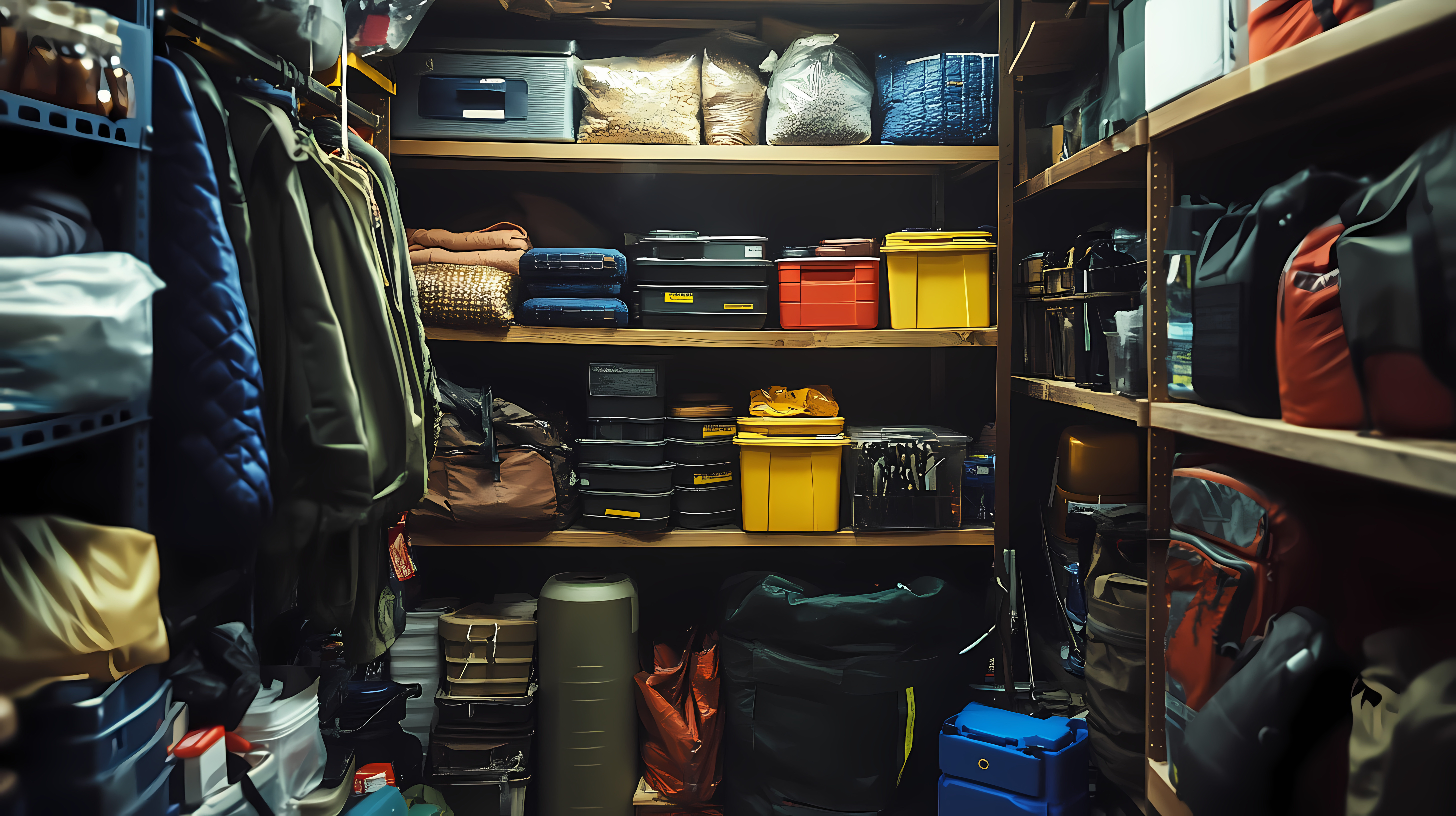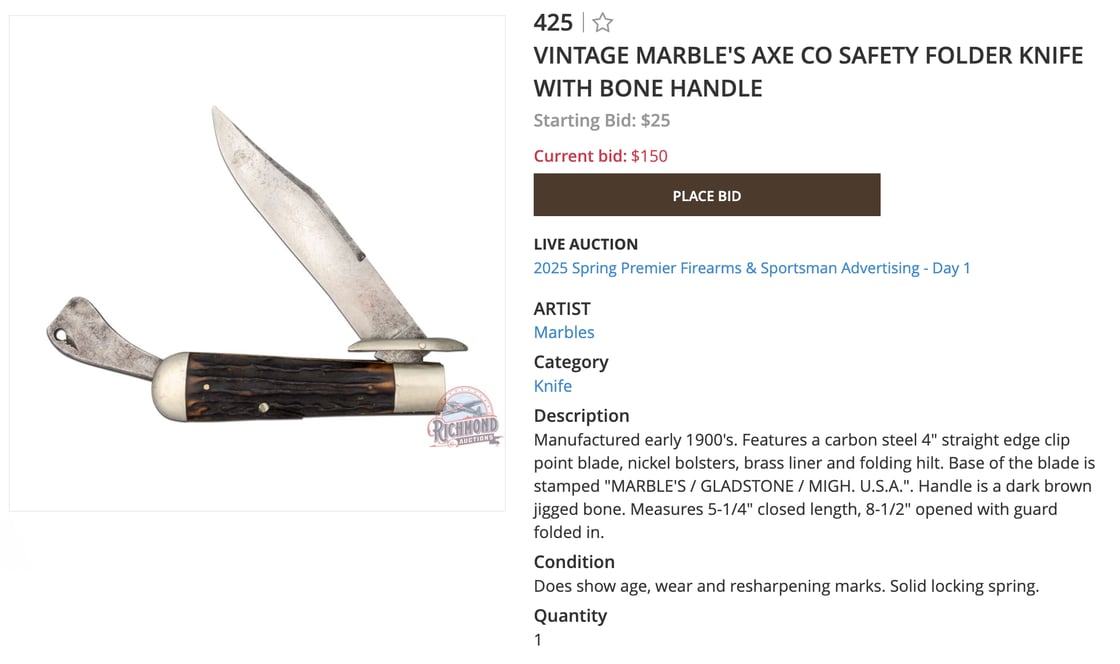4 MIN READ
The Roll Up: DXD Capital opens Public Storage-branded store in Miami metro
- Self Storage Industry
7 MIN READ
April 12, 2025

Could Tariffs Shape Consumer Buying and Storage Trends?
The recent tariffs have me reflecting on how they might reshape our lives. It’s challenging to predict the full implications when tariff rates seem to shift daily. However, at some point, the uncertainty will subside, and we’ll have a clearer view of what lies ahead.
We often say that the “Amazon 1-Click Button is the best thing that ever happened to self-storage.” More purchases mean more stuff, and more stuff means more storage. According to a survey conducted by Jungle Scout and published by the ECDB, more than 70% of the products that wholesalers and retailers sell on Amazon are produced in China. Similarly, the Global Times estimated that about 60% of Walmart’s merchandise originates from China. A tariff of 10%, let alone 100%, will undoubtedly influence consumer behavior.
 |
This raises several questions:
Are we suddenly going to become a minimalist society? I don’t think so. While Millennials and Gen Z are often said to own less, they still make up over 50% of self-storage renters today. They just have different kinds of stuff: multiple pairs of skis, camping gear they’ve used once but swear they’ll use again, or boxes of candle-making wax that you bought in bulk for an online business that never quite took off.
The way we sell used items has changed dramatically. Spend five minutes on Etsy or eBay, and you’ll find plenty of things you might have once considered trash now being treated as treasure. Reselling and upcycling has exploded, and platforms have made it easy to sell unique items, like that antique pocket knife you thought no one would want. (Yes, I’ve browsed antique folding knives.)

Vintage Marble Handled Knife - richmondauctions.com
So, what’s the takeaway here? I can’t say for certain. But what I do know is that prolonged high tariffs will alter Americans’ spending habits—and industries like self-storage will evolve to meet those changes, just as they always have.
LOAD MORE
4 MIN READ
1 MIN READ
1 MIN READ
LOAD MORE